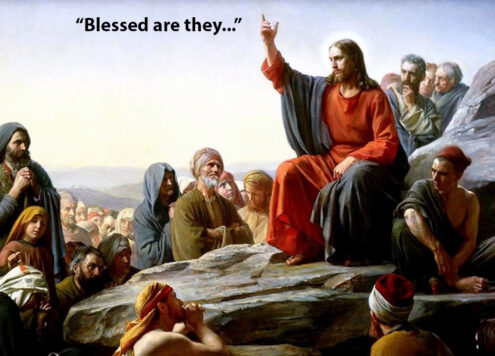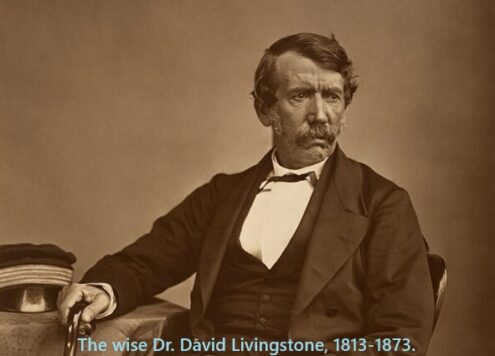Palm Sunday begins Holy Week. During this special time, we recall how the Son of God became a humble, loving servant, and how His death for our sins was swallowed up in victory.
Today, we enter into this amazing story by first recalling Jesus’s triumphant entry into Jerusalem, seated on a lowly donkey, while being acclaimed by all the palm-throwing bystanders as the promised Messiah (Luke 19 : 28–40). We continue to read the awesome story of Christ’s gift of the Eucharist to us at the Last Supper on the night before He died, and we see the story develop to take on a violent and brutal twist as Jesus is betrayed and handed over to His enemies who put Him to an ignominious death on the cross. (Luke 22 : 14–56)
This story of Jesus’s passion is more than a record of one individual’s sufferings. It is a process through which all who call themselves Christians must enter. There is so much we can identify with in the passion account which we read about today. Please take some time, if you haven’t already done so, to read this story in Luke 19 : 28–40; and in Luke 22 : 14–56.
Generally, we tend to see ourselves in this story only as sympathetic bystanders but we must be prepared to see ourselves as the judges, betrayers, cowardly disciples, and executioners. This is why the Church in the Palm Sunday liturgy gets the congregation to re-enact the roles of Jesus’s accusers and fair-weather friends. How often do we condemn others or betray their trust? How quickly are we ready to unleash a bitter tongue, a piercing remark, a snap judgment? How mercilessly do we find ourselves following the crowd, taking the easy way out, shirking our responsibility to develop a mature conscience? Whenever we do things such as this, we do them to Christ. That’s the point of the passion story. We don’t like thinking about such things, but we must, if we are to enter into the passion story and cast off the old person, compromised by sin, and rise to new life.
We are all invited today to identify with Christ on the cross. Doing so is not easy for it means saying “yes” to even harder questions. Are we willing to let go of the temptations to power, privilege and possessions.? Are we willing to forgive those who hate us? Can we choose a life of integrity over the spiritual death of selfishness and self-interest? Are we courageous enough to turn our lives around as Jesus taught us, and, for which, He laid down His life.
Every time we gather to celebrate the gift of the Eucharist which Jesus gave us at the last supper, we become part of the greatest drama that has ever unfolded on earth. The power of the Eucharist is that we are able always to draw strength from Jesus’s passion, death and resurrection by participating in His sacrifice and banquet that brings salvation to the world.
We sing “Hosanna” at the Eucharist and we reverence the Holy Name of Jesus. The word “Hosanna” means come and deliver. The word “Jesus” means, “The Lord delivers.”
Hosanna and Jesus are both prayer and answer to prayer.
May this special week increase within you Jesus’s transforming gifts of faith, hope, and the love.
—Fr. Hugh Duffy











1 Comments
Mike Murphy
Fr Duffy,
Have a Blessed Easter!!!